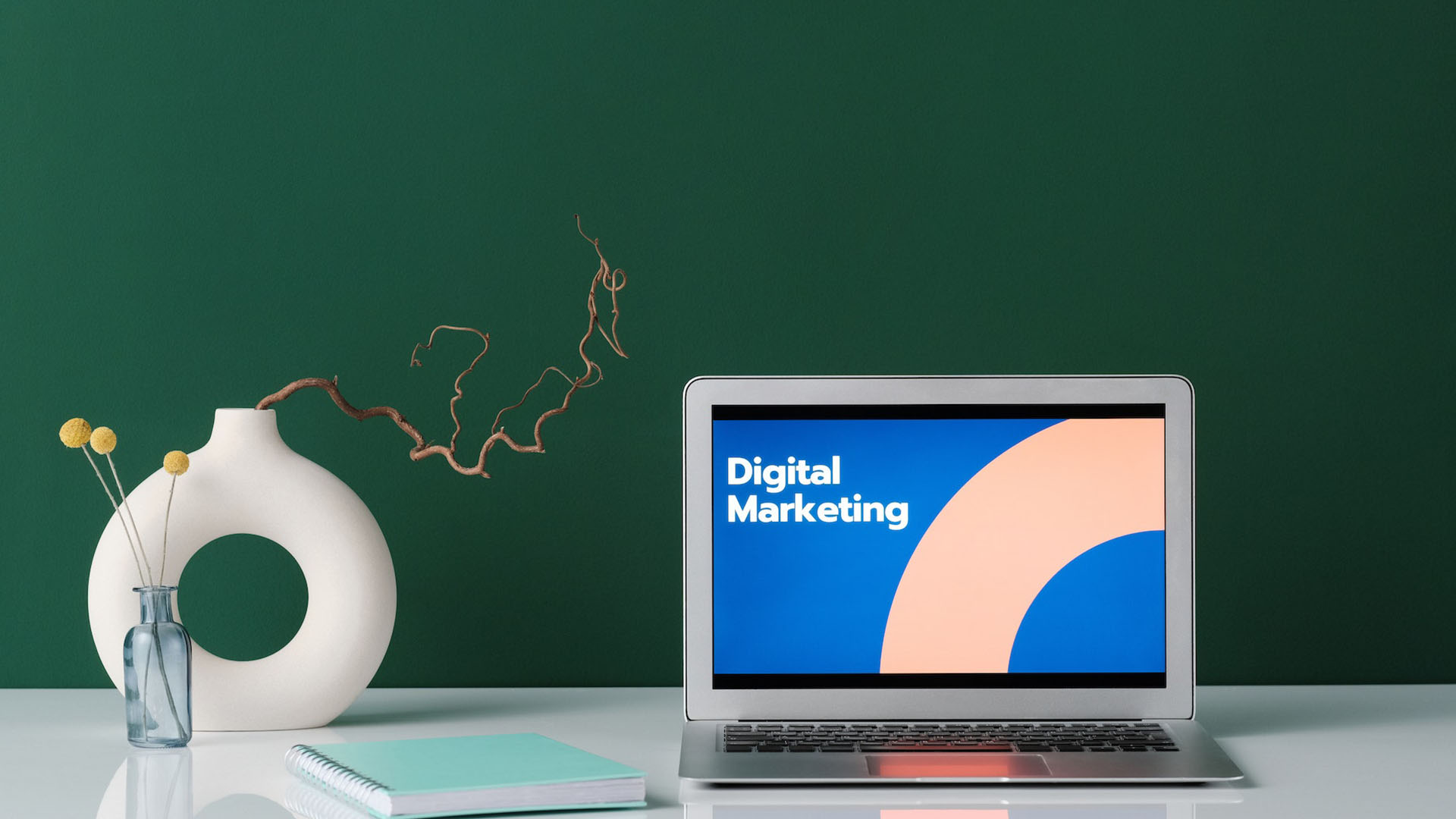|
Getting your Trinity Audio player ready...
|
In today’s digital age, marketing has taken a whole new form. Have you ever wondered what exactly digital marketing is and how it can benefit your business?
With the rapid growth of technology and online platforms, digital marketing has become a crucial aspect of any successful marketing strategy.
Traditional marketing methods, such as print ads and billboards, are no longer enough to reach and engage with today’s tech-savvy consumers. Digital marketing encompasses a wide range of online tactics and techniques that aim to promote products or services through various digital channels.
Digital marketing is a powerful tool that allows businesses to connect with their target audience in a more targeted and measurable way. From search engine optimization to social media marketing, understanding the different components of digital marketing can help businesses thrive in the digital landscape.
In this article, we will explore what digital marketing is, its key components, and how it can help businesses achieve their goals.
Digital Marketing
Digital marketing, also called online marketing, is the promotion of brands to connect with potential customers using the Internet and other forms of digital communication.
Understanding Digital Marketing
Digital marketing encompasses a spectrum of online strategies aimed at promoting products, services, or brands through digital channels. In today’s hyper-connected world, it serves as the bridge that links businesses with a global audience, leveraging the power of the internet to build awareness, drive traffic, and foster customer relationships.
Gone are the days of traditional mass marketing. The digital age has ushered in a transformation that revolves around data-driven decision-making and personalized experiences.
Businesses now have the capacity to tailor their messages to specific segments, leveraging insights to create resonating campaigns. A report by McKinsey highlighted that companies that engage in data-driven marketing are six times more likely to achieve a 10% increase in profitability.
Core Components of Digital Marketing
Search Engine Optimization (SEO)
At the heart of digital visibility lies SEO—a strategy to enhance a website’s ranking on search engines like Google.
By optimizing content and technical aspects, businesses improve their chances of appearing in organic search results. A survey by HubSpot revealed that 64% of marketers actively invest in SEO, recognizing its pivotal role in boosting online visibility.
Pay-Per-Click Advertising (PPC)
PPC advertising involves paying for ads to appear when users search for specific keywords. It’s a targeted approach, ensuring your message reaches those actively seeking relevant information. Statista reported that global spending on digital advertising is projected to reach US$680bn in 2023, highlighting the substantial investment businesses make in this strategy.
(adsbygoogle = window.adsbygoogle || []).push({});
Social Media Marketing
Social media platforms have become a virtual marketplace for brand engagement. With billions of users across platforms, businesses can engage with their target audience in a highly interactive manner. There are 4.8 billion social media users worldwide, representing 59.9% of the global population and 92.7% of all internet users, signifying the immense potential for customer outreach.
Content Marketing
The adage “content is king” resonates strongly in digital marketing. Valuable content, whether through blog posts, videos, or infographics, attracts, informs, and retains audiences. Video content holds more value in marketing. To create outstanding video content, an online video editor tool can be extremely useful. A survey by the Content Marketing Institute found that 72% of B2B marketers attribute their success to relevant content creation.
Email Marketing
Contrary to notions of its decline, email marketing remains a potent tool for customer engagement. Financial Post reports that for every dollar spent on email marketing, the average return is $42. As businesses personalize and automate campaigns, emails become tailored messages that drive conversions and customer loyalty.
Data Analytics and Measurement
Importance of Data in Digital Marketing
Data serves as the compass guiding digital marketing strategies. Analytics tools track user behavior, providing insights that shape decisions. With more data generated than ever, businesses that effectively harness this resource have a competitive edge.
Key Performance Indicators (KPIs)
Metrics matter. Whether it’s monitoring website traffic, click-through rates, or conversion rates, KPIs offer tangible measures of success. These metrics help refine strategies, optimize campaigns, and ensure marketing efforts are aligned with business goals.
Trends and Innovations in Digital Marketing
Artificial Intelligence (AI) and Machine Learning
AI-driven technologies are revolutionizing digital marketing. Machine learning algorithms analyze user behavior, predict trends, and optimize content delivery. Chatbots, powered by AI, enhance customer interactions, providing instant responses and improving user experiences.
Voice Search and Smart Assistants
The rise of voice search is reshaping SEO strategies. With voice-activated devices like Amazon Echo and Google Home becoming household staples, businesses must adapt content to match voice search queries. ComScore predicts that by 2022, half of all searches will be voice-based.
Integration with Traditional Marketing
The synergy between Digital and Traditional Marketing
Digital and traditional marketing strategies aren’t mutually exclusive; they can amplify each other’s impact. Omni-channel approaches—integrating online and offline efforts—ensure consistent messaging across platforms, reinforcing brand identity and customer experiences.
Conclusion
In the digital era, mastery of digital marketing is the key to unlocking business success. With a deep understanding of SEO, PPC, social media, content, email marketing, and data analytics, you gain the tools to navigate the dynamic online landscape.
By harnessing the power of these strategies and staying attuned to emerging trends, you position your business at the forefront of its industry, ensuring its relevance, growth, and enduring success.




